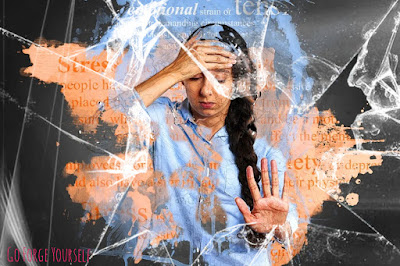In today’s dynamic world, the competition to stay at the forefront is always the need of the hour. But delving deep to clinch the sweet spot of success, it takes a lot-be it mental or physical peace. As a matter of fact, while most of us are aware of what it feels to be overwhelmed with the pressure needed to cope up with, at the same time, is quite unusual to identify what stress is. As per the standard definition, stress is our body’s response to pressure that can arise from situations or life events. It is believed to occur when experiencing something new or unexpected or having a feeling of little control over a situation. In fact, stress can be nerve-racking or intense. Even though stress is not considered to be a mental health problem but encountering acute stress for a long period can be chronic and can impact both physically and psychologically.
Physical Stress: The impact of long-term stress differs enormously from person-to-person. Stress can have far-reaching consequences if left unmanaged. Mostly, impacting physical health. Such as sleep apnea, disturbing thought-process, poor appetite, being hyperactive or oversensitive, and the list goes on and on. Moreover, stress can affect the body’s gastrointestinal system causing irritable bowel syndrome and stomach ulcers. In most cases, chronic stress affects the immune system making it difficult to fight off infections. Furthermore, if the issue of stress is prolonged, it can shoot up severe diseases like cardiovascular, diabetes, high blood pressure, and nerve disorders.
Psychological Stress: Many research studies unsurprisingly suggests that stress can have a negative impact on mental health. Psychosocial factors like stressful living environment or working conditions are considered to be the reasons for it. Eventually, leading to further developing issues of depression and anxiety. The experience of stressful events is also associated with depressive symptoms, suicidal thoughts, and self-harm.
Other factors: Other factors that can directly lead to stress are financial, technology and social media, and more. While personal debt is regarded to be a well-recognised risk to develop stress, at the same time, over usage of technology and social media may also contribute to digital stress.

